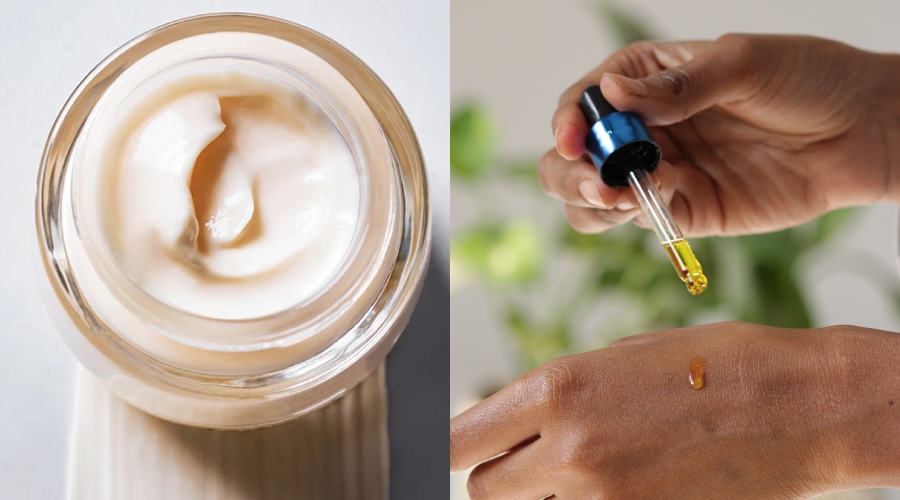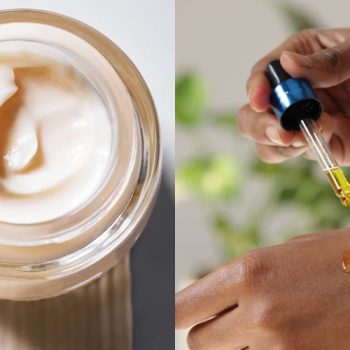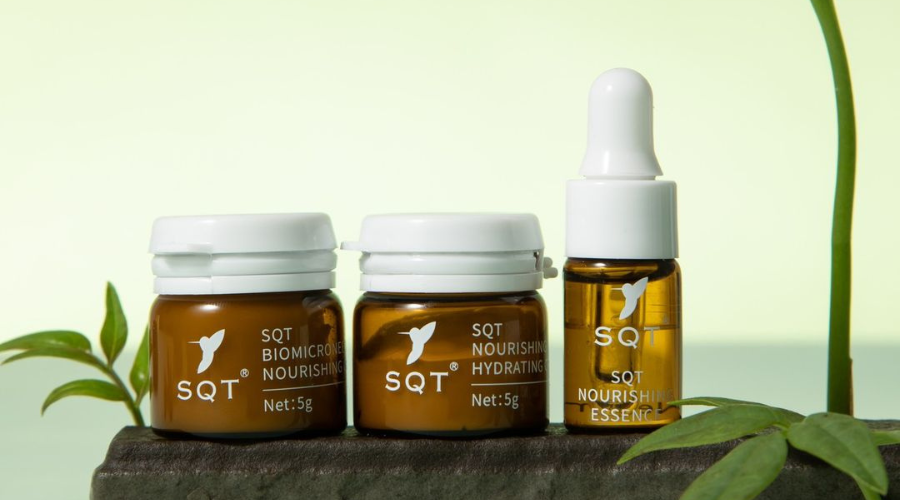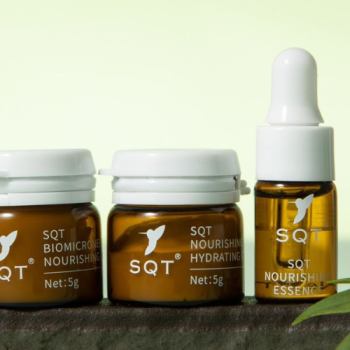First things first, don’t shy away from prioritising your sexual well-being. Starting your sexual health journey can be overwhelming but that’s no excuse to put it on the backburner. With limited access to sex education in schools, people often fail to read the fine print on sex – it’s supposed to be about pleasure! Like physical and mental well-being, sexual health needs to be your priority too; without any taboo attached. But, where do you begin, how do you discuss sex with a partner, or talk about accepting lube (we all need it!) – here are some expert recommendations to help you out.
The Stigma Involved And Looking Beyond It

Seema Anand, Kamasutra expert, mythologist and Author of The Arts Of Seduction, commented, “Unfortunately, we are still part of a society that shames young people for premarital sex and makes it difficult to access facilities. This is a real problem; it is a combination of lack of facilities and the fear of being judged. But where there is a will there is a way.”
A good relationship with your body and familiarity with your intimate parts is not just a cultural issue, it’s a wellness one. Seema recommends, “We live in the age of cyber knowledge, so go online and look for information on the subject. And don’t limit yourself to what the local clinics are saying. I find it really useful to check out sexual health clinics across the world and see what advice they are offering.”
However, extensive research should not be the end of it. While you browse for the right information on the internet, it’s imperative to get acquainted with your body as well. “Just as doctors will advise you to check your breasts regularly for lumps, in the same way, know your nether regions too. Look at yourself, keep an eye on your smells, your discharges. And watch out for any changes,” says Seema.
Sex Hurts, Does It?
Leeza Mangaldas, digital creator and everybody’s favourite “Internet Sex Lady” reveals, “Sex isn’t supposed to hurt— not even the first time— so first of all please know that pain isn’t something you just have to ‘deal with’ just because you have a vagina.”
Here’s when a lube comes into the picture and that’s why we repeatedly emphasise that using lube is important. Supporting the argument, Leeza elaborates, “Pain during penetrative vaginal intercourse is most often because of insufficient lubrication; it helps to ensure that you are already feeling very relaxed and aroused before attempting penetration.” She further explains that the vagina typically relaxes and produces lubrication when aroused which makes penetration comfortable. Also, don’t miss the most important C-word here – Clitoral! “Clitoral stimulation can go a long way in making the vagina feel relaxed and aroused.”
Your partner needs to be informed as well. “Communicate with your partner, take things slow and move gently. The friction and impact of the movements of vigorous thrusting can sometimes hurt, and you should let them know if you’re in pain rather than feeling like you should just go along with it,” Leeza says.
Building on Seema’s advice on exposing yourself to sexual health experts, Leeza said, “If you experience persistent or unbearable pain when attempting any sort of insertion into the vagina- such as even with a tampon— or such that penetrative sex feels impossible, it’s worth consulting your gynaecologist about vaginismus, which is the involuntary contraction of vaginal muscles that can make any sort of penetrative contact extremely uncomfortable.”
How To Include Your Partner In Your Sexual Wellness Journey?

Talking about sex to your partner – whether a new one or the one you’ve been with for years – is awkward. But it’s also necessary. Whether you are in a monogamous relationship or with multiple partners, a discussion of sexual history, especially STIs, is a must. “Over 50% of the population have STIs, several of the infections are incurable, some are painful while others like HIV AIDS are life-threatening,” revealed Seema.
However, Seema chalked out the challenges around such conversations. Stating the facts, conversations around sex do get awkward. “It’s because of the lack of vocabulary for this. I wish dating apps would make STI checks a mandatory part of the bio so that would be one thing sorted before you even meet,” says Seems making a valid point here.
So, how to navigate these discussions with your partner? If you haven’t been able to build a rapport with your partner yet or it’s a fresh relationship, expert tips can come in handy. Seema adds, “Create a little script in your head; just a couple of sentences like “Hey, I’m looking forward to this but I’m really into safe sex, where do you stand on the subject” or something similar.”
The takeaway here is to be well-versed with your body, needs, expectations, and safety. “Do your homework! Find a clinic and a friendly gynaecologist you can go to,” concludes Seema.
Photos: Instagram, Pexels
























